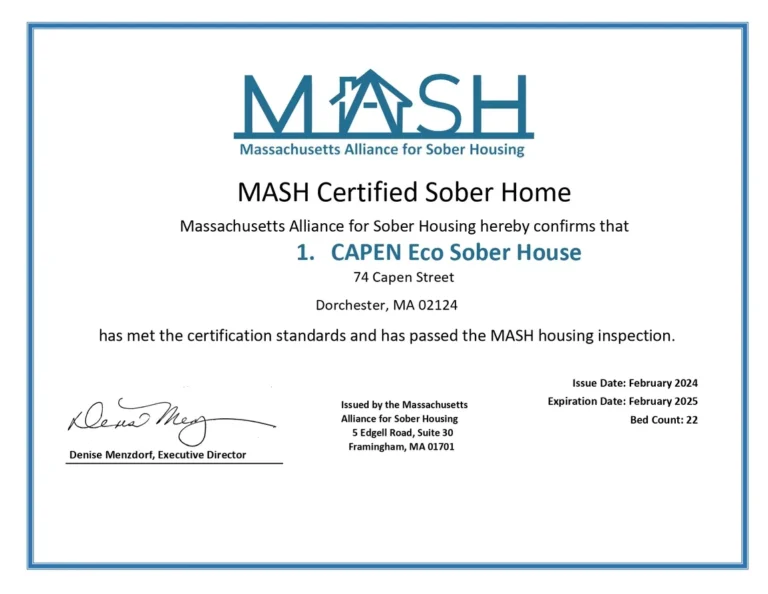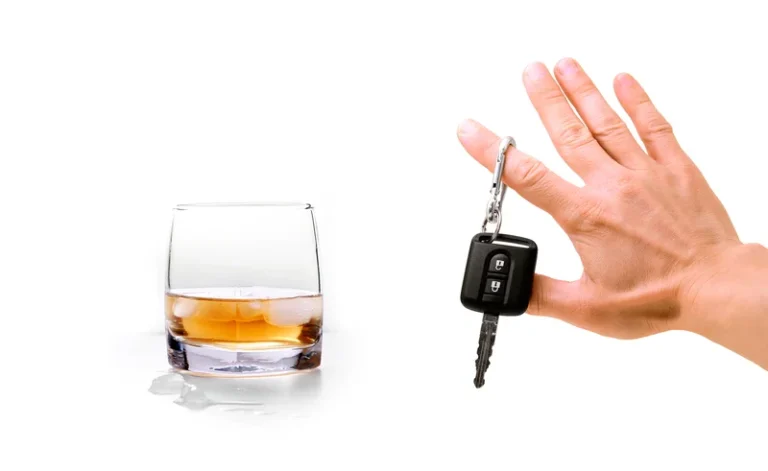
If you get gustatory rhinitis, there are many treatments and management methods to choose from. Applying a cold compress to your nose will help to soothe the mucous membranes in your nose and reduce inflammation. Drinking plenty of fluids will help to thin out the mucus in your nose and make it less likely to trigger a sneeze.

Nasal polyps

Stomach irritation or inflammation can occur for many other reasons, such as infections, an autoimmune disorder, smoking cigarettes, food allergies, or some types of medications. Sulfites, histamines, sneezing after drinking alcohol and tannins are among some of the substances believed to contribute to a wine intolerance. Although an intolerance may cause similar symptoms to allergies, intolerance is not the same as an allergy.
Alcohol allergy: all the signs to look out for (including going red when you drink)

Dilated blood vessels can cause inflammation and swelling in the nasal passages. This can lead to sneezing as well as a runny or stuffy nose. In some people, drinking alcohol may also trigger an allergic reaction, which can cause sneezing and other symptoms. An alcohol intolerance, or ingredients like histamines in alcohol cause an allergy-like reaction in drinkers, https://ecosoberhouse.com/ swelling the the mucosal membranes in the nasal passages and airways. Avoiding problematic ingredients or taking a supplement to reduce acetaldehyde buildup and intolerance symptoms can help prevent nasal congestion from drinking. If you have symptoms after drinking beer, but not after drinking wine or other alcoholic beverages, it’s not alcohol intolerance.
- When this blood-brain barrier isn’t protected as it should be, the brain is more susceptible to headache-inducing triggers.
- If you drink a beverage that causes a mild reaction, over-the-counter antihistamines might help relieve symptoms.
- Plus, get practical suggestions on managing these reactions, whether it’s adjusting your diet, medication, or alcohol intake.
- One is that alcohol dilates blood vessels in the nose, which can cause irritation and lead to sneezing.
- Some people believe that a reaction to histamine causes symptoms after drinking red wine.
- On top of that, as we age, many of us start taking more medications, and some of these can interact with alcohol in ways that further disrupt how it’s processed.
Could Having ALDH2 Deficiency Offer Unexpected Heart Protection?

Depending on whether a person has an alcohol allergy or intolerance, they may need to avoid alcohol entirely. The enzyme diamine oxidase breaks down histamine that people consume from foods and beverages. If people do not produce enough of this enzyme, they may not break down histamine efficiently, which may lead to intolerance symptoms. Some people have an intolerance or sensitivity to sulfites. These compounds are often added to beer and wine to limit the growth of yeast and act as a preservative. Common sulfites include potassium bisulfite or potassium metabisulfite.
Symptoms of Wine Allergy
- You see, as we age, our bodies produce less of an important enzyme called alcohol dehydrogenase (ADH).
- Alcohol allergies are rare, but if you do have one, it doesn’t take much to trigger a reaction.
- Just as grapes can become wine, table fruit that becomes too ripe might contain enough alcohol to cause a reaction in someone with an alcohol allergy.
- If you find that straight spirits make you sneeze, try diluting them with water or soda before you drink them.
“This includes looking at ingredient/content labels of food and drink,” explains the nurse. “If you are wanting to avoid alcohol, also be cautious of foods that may have alcohol added, for example in a marinade or sauce.” “Alcohol may in some people aggregate skin conditions like urticaria (hives),” says Nurse Shaw.
- The most common signs and symptoms are stuffy nose and skin flushing.
- While alcohol can help you fall asleep faster, it has a negative effect on sleep quality and duration.
- If you feel that you sometimes drink too much alcohol, or your drinking is causing problems, or if your family is concerned about your drinking, talk with your health care provider.
- “For some people with sensitive airways, such as asthmatics, consuming sulphites in alcohol may cause wheezing,” she explains.
Ingredients in Alcoholic Beverages That Can Cause a Stuffy Nose After Drinking
What to know about alcohol allergies
What You Can Do To Prevent Sneezing When You Drink
- Histamine (found in red wine) and salicylates (found in wine, beer, rum, and sherry), are common examples.
- It means you have to take great care in reading labels and choosing foods and drinks.
- That runny or stuffy nose you get if you’re intolerant to alcohol may feel and seem like allergies, but it’s not.
- This disruption of the stomach lining with the use of alcohol can become chronic (ongoing).
- An allergist is a special type of doctor that focuses on allergic conditions.
- This is especially true if you suffer the occasional 2-day hangover.

